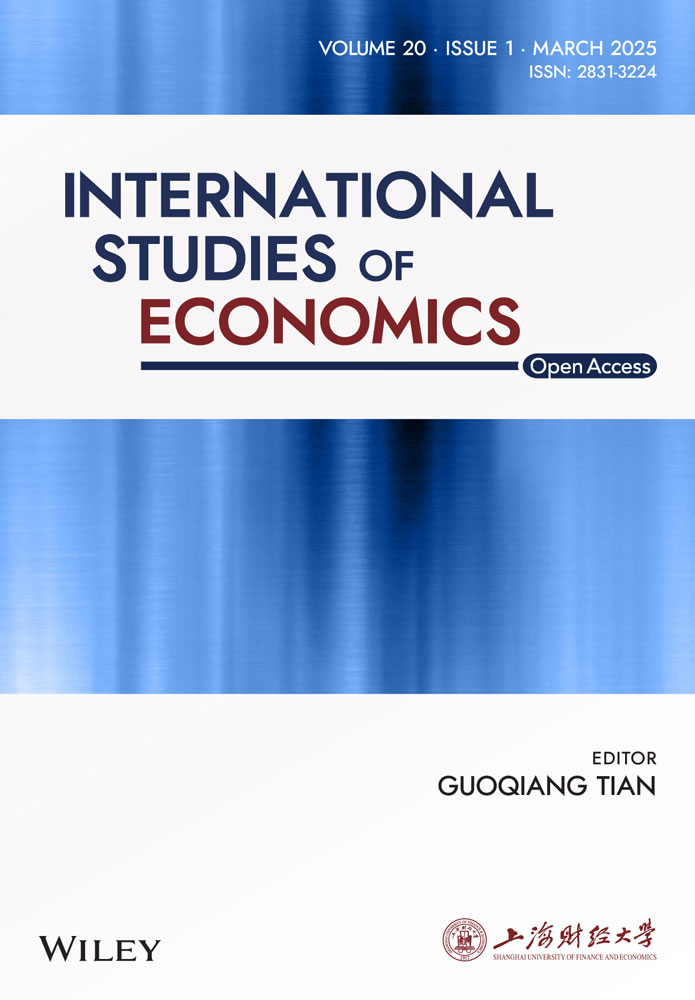Housing Security, Relative Deprivation, and Subjective Well-Being: Empirical Evidence Derived From CFPS Data
ABSTRACT
The housing issue significantly influences individuals' well-being. As a crucial mechanism for alleviating the housing issue, the housing security system has garnered increasing attention regarding its impact on residents' happiness. Utilizing data from the China Household Tracking Survey (CFPS), this paper seeks to thoroughly investigate the effect of housing security on residents' subjective well-being and examine the mediating role and regulatory mechanisms of relative deprivation, particularly concerning income and consumption factors. The findings reveal that (1) compared to uninsured families, those with access to housing security experience a marked enhancement in overall happiness levels, indicating that the housing security system exerts a positive marginal effect on improving happiness among covered households. (2) Heterogeneity analysis indicates that the beneficial impact of housing security on subjective well-being is consistent across various age groups, with the most pronounced effects observed in individuals aged 26–40. For households facing low housing affordability, there exists a significantly positive correlation between housing security and subjective well-being—this relationship is even stronger than indicated by baseline regression results. Regional analyses demonstrate that housing security positively affects residents' subjective well-being in eastern and central China but negatively impacts those in western regions; notably, this effect is significant only for eastern Chinese residents. (3) Further exploration revealed that first, housing security substantially mitigates families' sense of income relative deprivation which subsequently enhances their subjective well-being; second, after controlling for household consumption disparities, we observe an increase in the coefficient associated with housing security compared to baseline regression outcomes—suggesting that differences in household consumption may attenuate the positive influence of housing security on happiness. This research not only elucidates the tangible effects of existing housing policies but also provides empirical evidence and theoretical support for government efforts aimed at formulating more precise policies designed to enhance residents' satisfaction.
Conflicts of Interest
The authors declare no conflicts of interest.




